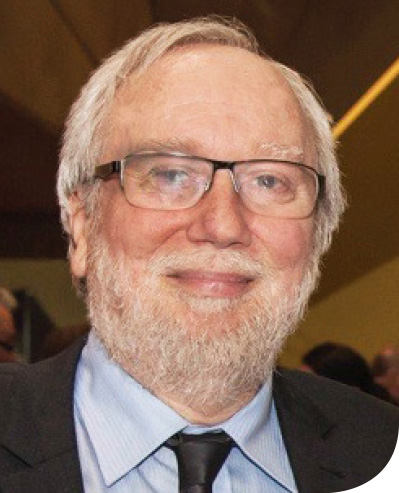Religious Freedom Needs To Be Strengthened And Protected
Religious freedom is the canary in the coal mine of Australian free-speech and viewpoint diversity – it provides a good barometer for the health of other rights and freedoms in a democratic society. Australia should be a nation where every citizen, regardless of faith, philosophy or creed can speak openly about what they believe and practice their beliefs without fear of exclusion, hostility or unfair treatment. This is not just important for religious Australians, it is important for all Australians. The health of our society depends on maintaining a public square that is free and open for robust debate, fair exchange of ideas and the contested search for truth.
Freedom for Faith is a much-needed advocate for religious freedom and fair and balanced protections of freedom of speech, conscience and religion. The Human Rights Law Alliance (HRLA) joins Freedom for Faith (F4F) as another complementary voice for religious freedom. HRLA is a law firm that has been established to provide legal assistance to Australians facing unfair treatment on account of their faith. For every high-profile religious freedom case like Israel Folau and Margaret Court, there are large numbers of cases involving ordinary Australians that do not make the headlines. Whether it is students facing university disciplinary tribunals, doctors losing their jobs, Christians being hauled before tribunals for alleged hate speech, religious employees being cancelled or public servants facing sanctions, Jewish academics losing their jobs, Muslim Australians being excluded – religious Australians are facing increasing hostility.
Increasing Hostility against Religion
The biggest flashpoint between religious freedoms and contemporary culture has been centred on fundamental questions about life, identity and purpose. The prevailing ideological fashions have embraced a vision of radical individualism in which the right of the individual to complete autonomy has become the new sacrosanct virtue. Orthodox religious believers dance to a different tune and see themselves as subject to objective transcendent standards – doctrines that have been held for millennia and which set forth a set of virtues that produce true human flourishing for all.
Increasingly, these religious beliefs are being targeted as ‘harmful’, especially as they clash with perspectives on sexual ethics and marriage.
Religious Freedom is Poorly Protected
The increasing hostility to religion reveals gaping holes in the protection for religious freedoms and free speech in Australia. As inheritors of the British parliamentary and legal system, Australians have primarily relied on tradition and common-law convention to protect their liberties of conscience. Unlike our American cousins, Australians possess limited protections and those that do exist reside in laws that are varied and inconsistent in their approach to religion across the nation.
A good example of this is the case of Katrina Tait, a Catholic mother of four who runs her own photography business in Queensland. In 2019, Katrina signed an online petition that opposed Drag Queen Story Time events in Brisbane public libraries. She commented that adult entertainers are not good role models for children. This post drew the attention of a NSW activist who filed a vilification complaint against Katrina with the NSW Anti-Discrimination Board. Katrina was also threatened with ‘doxxing’, where personal information is made public to encourage harassment and malicious attacks against a person.
With the help of the Human Rights Alliance, the worthless complaint was strongly opposed and the complainant eventually withdrew their complaint. Katrina still suffered the stress, anxiety and pressure to self-censor. Opponents of religion are increasingly using the law to sideline Christians from participation in the public square and from having a voice into significant moral and ethical discussion.
Katrina’s case is just one example of the dozens of cases where religious Australians are facing hostility.
Religious Freedom is Good for Australia
Religious people and religious groups deliver a great deal of good for society. Social welfare, altruism and the culture of caring for the marginalised is built upon the bedrock of religious freedoms which created the first charitable organisations in Western society. Australia is now in a state where people’s religious views are seeing them excluded from the community and barred from doing good to others.
A sobering example of this is the WA fostering case of Byron and Keira Hordyk. The Hordyks are a young couple with four children who felt called to apply to become short-term foster carers for vulnerable children between 0-5. The foster agency discovered that they were devout biblical Christians with orthodox Christian views on sexuality and marriage which led to their application being rejected on the grounds that they were ‘unsafe’ to foster children. Not only was this deeply offensive and hurtful to the Hordyks, it is also denying WA’s neglected children much needed care from good parents.
Religious freedom is facing increasing hostility in Australia. A combination of poor protections and a polarising society is putting pressure on people of faith to self-censor and retreat from the public square. Not only does this degrade public discourse, it also depletes Australia’s charitable capital.
Never has the work of HRLA and organisations like Freedom for Faith been more needed and more valuable to seek to shore up and strengthen protections for religious freedom not just for the good of Christians or any one religion but for the good of all Australians and for the promotion of human flourishing in Australia.



